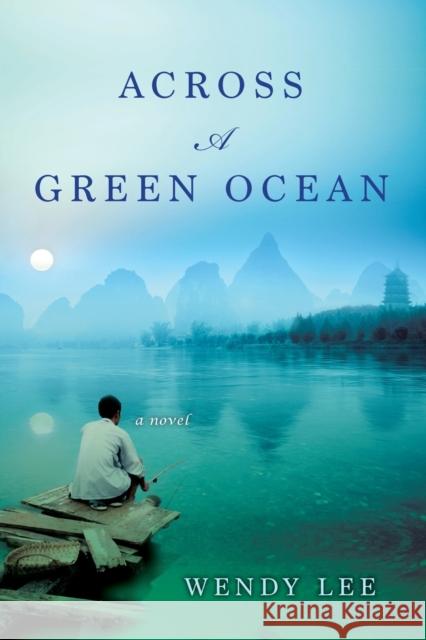Across a Green Ocean » książka
Across a Green Ocean
ISBN-13: 9781617734878 / Angielski / Miękka / 2015 / 288 str.
Michael Tang and his sister, Emily, have both struggled to forge a sense of identity in their parents' adopted homeland. Emily, an immigration lawyer in New York City, baffles their mother, Ling, by refusing to have children. At twenty-six, Michael is unable to commit to a relationship or a career--or come out to his family. And now their father, after a lifetime of sacrifice, has passed away.
When Michael finds a letter to his father from a long-ago friend, he impulsively travels to China in the hopes of learning more about a man he never really knew. In this rapidly modernizing country he begins to understand his father's decisions, including one that reverberates into the present day. Meanwhile, on the other side of the world, Ling and Emily question their own choices, trying to forge a path that bends toward new loves and fresh beginnings.
Wendy Lee's powerfully honest novel captures the complexity of the immigrant experience, exploring one family's hidden history, unspoken hurts, and search for a place to call home.
Along the whitewashed mud walls are large Chinese characters written in red, sometimes ending with an exclamation point. They look as if they are out of another time period, probably some kind of propaganda. "Go back " Michael imagines them saying, in a private message just for him. "This is a mistake You won't find what you're looking for "
What, or rather who, Michael is hoping to find at the end of his trip is a man named Liao Weishu. This is the name that is signed at the end of a letter that Michael discovered among his father's things after the funeral. Then his mother had come into the room, and he had put the letter in his pants pocket, where it stayed unopened for another nine months. Sometimes he would think about it, and be satisfied enough to simply know it was there.
The postmark indicated it had been sent about a month before his father's death, from someplace in China that he had never heard of and didn't think he knew how to pronounce. Unfortunately, it was written in Chinese, except for one sentence toward the end of the letter--"Everything has been forgiven.""











